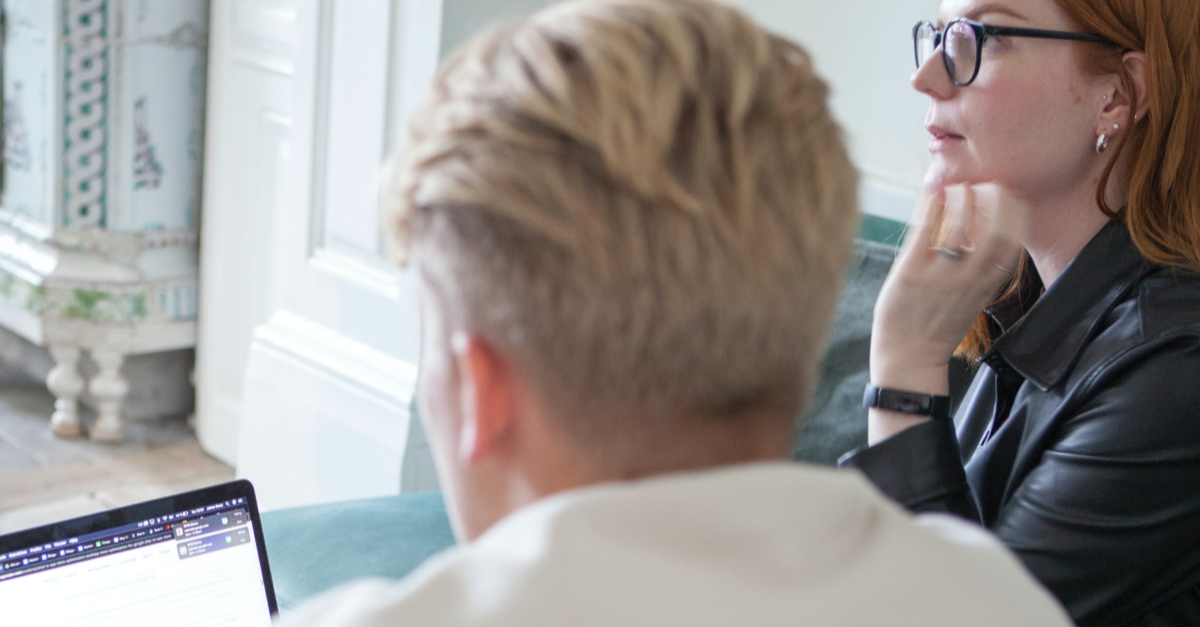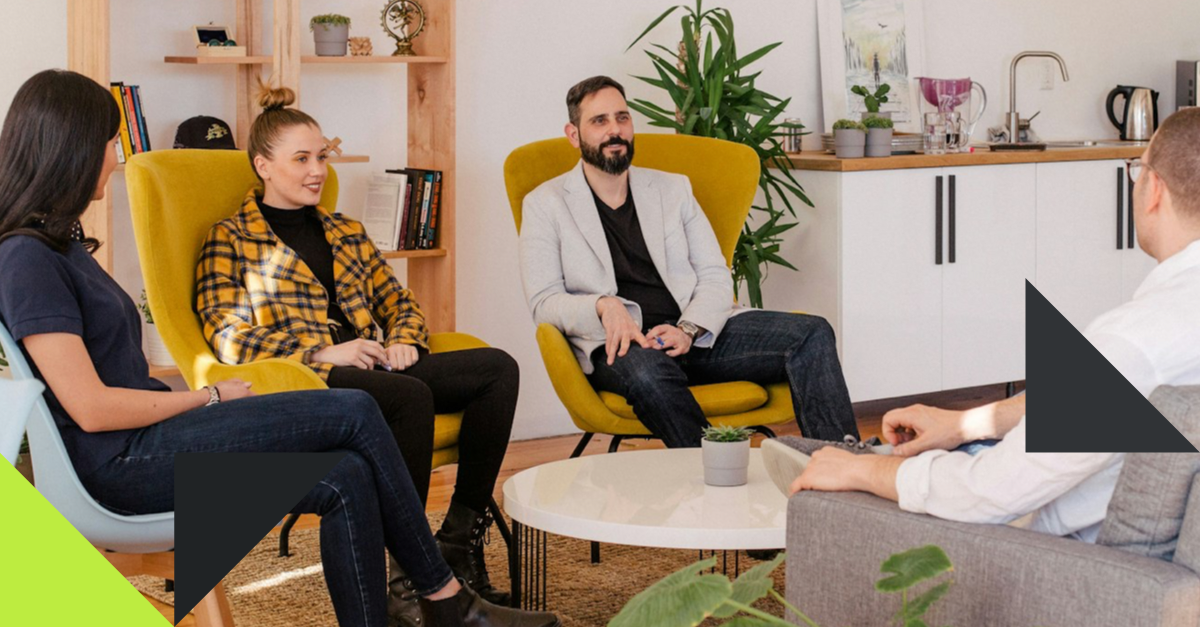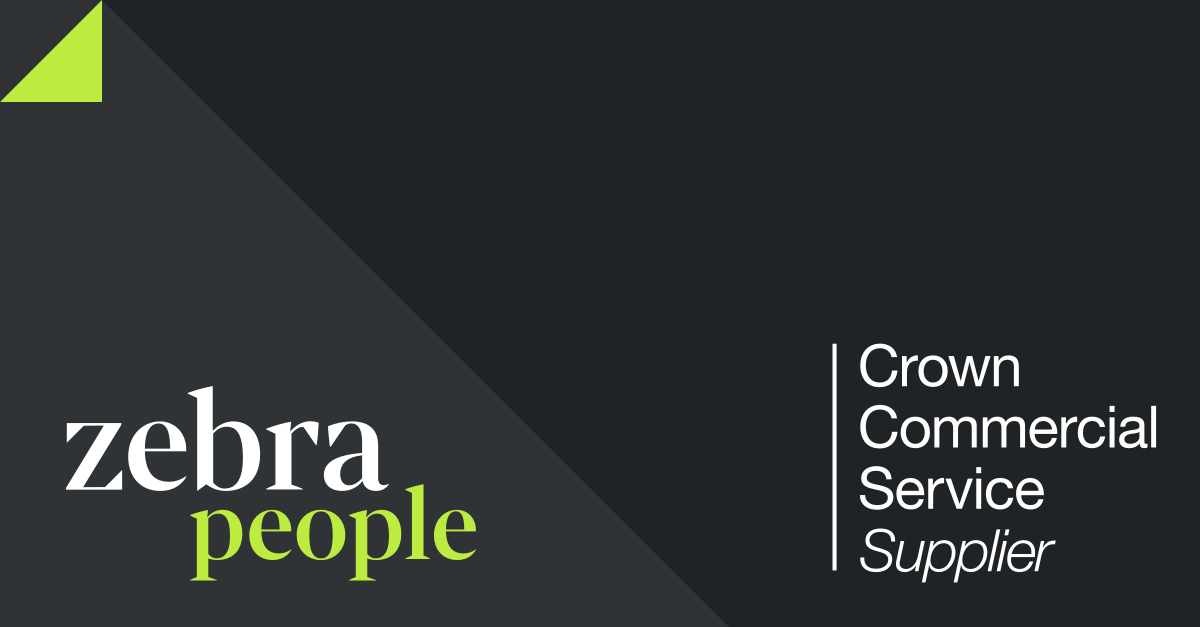The more preparation you do for your interview for a UX job, the more confident you’ll feel walking in there – and confidence helps. Here are the Zebra team’s best tips for preparing for a UX interview.
- Make sure you research the company and the interviewer(s). Given how much research is involved in UX, you’d be surprised by how many people don’t seem to do enough, if any, research prior to their interview. We usually supply candidates at interview stage with additional information to help them feel prepared. But whether or not you’re interviewing through us, we strongly recommend taking the time to do things like reviewing the company website, their app if they have one, LinkedIn profiles of the interviewers and even company blogs or social media posts.
- An obvious point: read through the brief! UX deliverables tend to remain the same or similar between roles, so it’s easy to get complacent about what’s expected. But sometimes company briefs can be more personalised than others and can go a long way when referred to at interview stage, as it shows you’ve taken the time to have a proper read through, plus you might find some additional points that could make you or the role that much more appealing. Some companies are more UX-mature than others – reading through the brief can sometimes give this away – We’ve heard many accounts from candidates who’ve interviewed for ‘UX’ Designer roles which have actually turned out to be a lot more UI-focused.
- Be prepared to talk through specifics about what you contributed to a project, individually – not just as part of a team – don’t forget, they’re looking to potentially hire you and your skills, not your team’s. Although knowing you can work collaboratively is obviously a big tick in the box.
- Be prepared to highlight areas of improvement or learnings from previous projects. Accountability for mistakes can go a long way.
- Be prepared to talk through your processes, including your rationale for them – this can really go towards highlighting your seniority based upon the reasons you give.
- Know your methodologies and be prepared to discuss them. In some cases an interviewer might propose a typical UX problem and ask you what action you might take initially. If you have to rack your brain to remember what methods are available before you even start to figure out which suits the scenario best, there’s a good chance you’ll get flustered.
- Try to be concise (but not blunt), especially when talking through your project work. It can be easy to go off tangent, so try to keep in mind the relevance of what you’re talking through and the question that’s been asked.
- Familiarise yourself with your portfolio again so you know exactly where to refer to for examples that might relate to particular questions around your experience or skills.
- Have some of your own questions prepared for the end of the interview. If they get answered during the interview then just say so, but finishing an interview with no additional questions from your side can sometimes come across as a lack of interest and in some cases end the discussion abruptly. You can also use this as your chance to show the company that you researched their products/services beforehand by asking about specific areas of their website/app etc, as well as asking questions which show them your personal values, such as “how would you describe the team culture at X?”.



